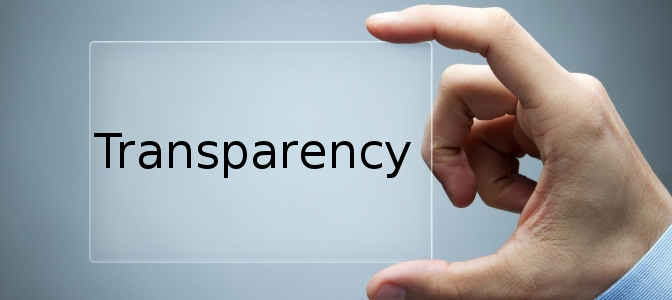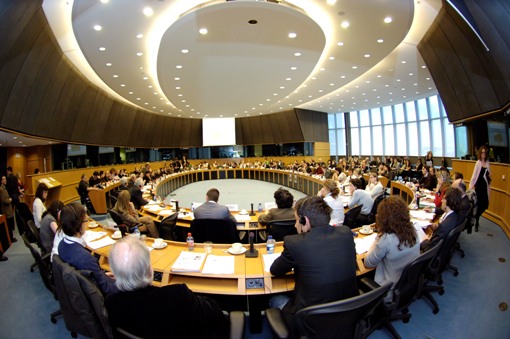Transparency improves the relationship between citizens and politicians, but it could lead to posturing or pandering to public opinion. Politicians may therefore fail to adopt policies and reach valuable compromises. In a recent research, Sara Hagemann and Fabio Franchino show that the drawbacks of increased transparency in the EU Council of Ministers have not materialized. The European Union can afford to be more transparent.
Recent studies suggest there is a direct trade-off between transparency and efficiency in legislative politics. We challenge this conclusion and present a bargaining model where one particular kind of transparency – the publication of legislative records – works to overcome problems of incomplete information.
We also present empirical findings from legislative activities in the Council of the European Union from 1999 to 2014 and from 23 interviews with senior officials in Brussels. Our results show that increased transparency, in the form of publication of legislative records, does not lead to gridlock or prolonged negotiations.
On the contrary, recordings of governments’ positions help facilitate decision-making as they increase credibility of policy positions. This, in turn, lowers risk of negotiation failure and screens out marginal amendments.
The article is available here
Hagemann, Sara, and Fabio Franchino. “Transparency vs Efficiency? A Study of Negotiations in the Council of the European Union.” European Union Politics, (February 8, 2016) OnlineEarly. doi:10.1177/1465116515627017.

